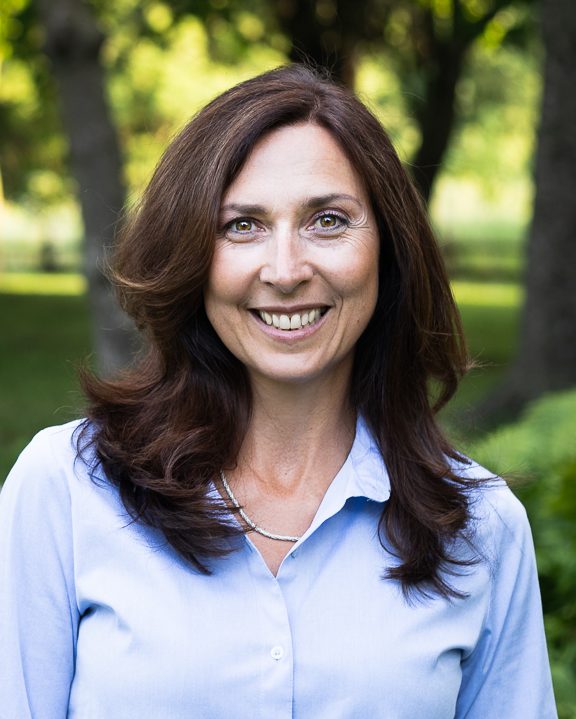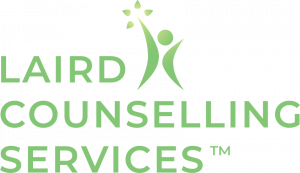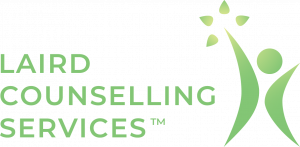Disordered Eating
Therapy for Disordered Eating
It can be so hard to reach out to talk about your relationship with food and your body. Fear of gaining weight, emotional eating and body insecurities can leave you feeling lost, overwhelmed and isolated.
But it is possible to feel confident about your body and in-control of your eating.
In my practice, we help people who are struggling with disordered eating and negative body image issues. Many of the clients we work with have tried all kinds of diets, lifestyle changes and fitness routines, but have still struggled to feel good about themselves. Therapy can help to make sense of why you always feel so critical about your body, and begin to change some of the behaviours that interfere with your quality of life.
Our goal is to help our clients relate to themselves with kindness and compassion, to make peace with food, and build a better relationship with their body. We use evidence-based approaches to help our clients make meaningful and lasting change. Individualized treatment plans can make connections between eating behaviors, thoughts and feelings, help develop new skills for coping with life’s ups and downs without food, and manage that critical inner-voice.
You deserve to feel confident in yourself, to be comfortable around food and to live joyfully. We’d love to help you take a step forward toward a more confident, nourishing and joyful life.
Get Started
I look forward to talking about how we can help.
519-731-2981 | Send Email
About Disordered Eating
Eating Disorders often start with a desire to lose weight in an effort to improve body image and self-confidence. They can also arise from traumatic events that lead to coping with difficult feelings through food restriction or emotional eating. When disordered eating patterns emerge, they are confusing and upsetting. It is difficult to tell others about what is happening for many reasons, especially because you yourself might not understand why you are having these problems. Since it is hard to understand why the eating disorder cycle never gets any better despite our best efforts, we assume that others will not understand either. Keeping it a secret might feel safer than talking about it with a trusted friend, family member or doctor. Sometimes talking about it does not help because people are dismissive or offer unhelpful advice. However, dealing with an eating disorder alone can be painful and even dangerous.
Questions to consider regarding your relationship with food include:
- Do you feel out of control around food?
- Do you think of food as “good” and “bad” or have forbidden foods that you try to avoid?
- Do you experience shame or guilt if you eat forbidden foods?
- Do you try to compensate by restricting, purging or exercising?
- Do you try to limit your caloric intake or portion sizes?
- Do you feel afraid of gaining weight?
- Do you avoid social events, work or school if you don’t like your body?
- Do you feel anxious eating in front of others?
- Do you go for long periods of time without eating?
- If you restrict, do you eat a lot of food at once when you are alone or no one is around?
- Do you hide or hoard food?
- Do you prefer to eat in private?
These and other behaviours indicate disordered eating patterns. The term “disordered eating” covers a broad range of eating behaviours including dieting, food restriction, orthorexia (strict eating), emotional eating, binge eating, purging, night eating and others. If you deliberately avoid certain foods, have a fear of gaining weight or use food to cope with difficult feelings like boredom, stress, or disappointment, you may be dealing with disordered eating.
Disordered eating is divided into three broad categories:
- Anorexia (extreme food restriction causing weight loss and malnutrition);
- Bulimia (food restriction followed by binging and purging and sometimes exercise);
- Binge Eating (eating large amounts of food without purging).
These food patterns tend to be cyclical and self-reinforcing. It can feel frustrating to feel trapped in these eating patterns, only to discover that the negative self-image never seems to go away.
Luckily there are effective ways to restore your relationship with food and develop confidence in your ability to make adaptive, life-affirming choices for yourself.
Have a Question?
Reach out for a no-fee consultation and we can talk more about ways to overcome the dieting mentality and make peace with food and your body.
519-731-2981 | Send Email




